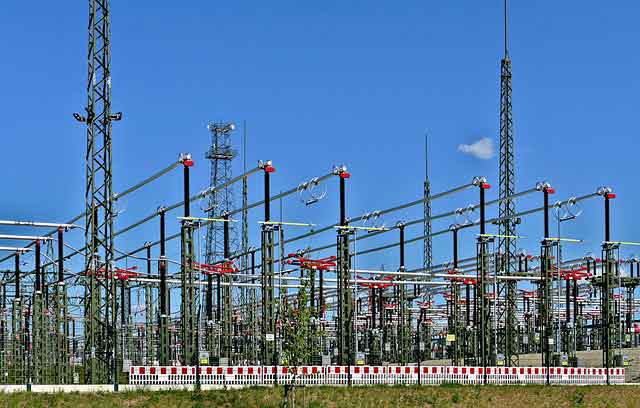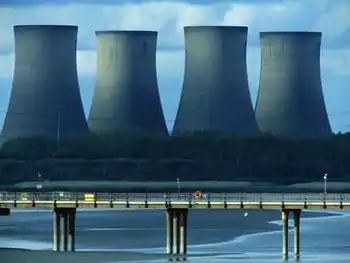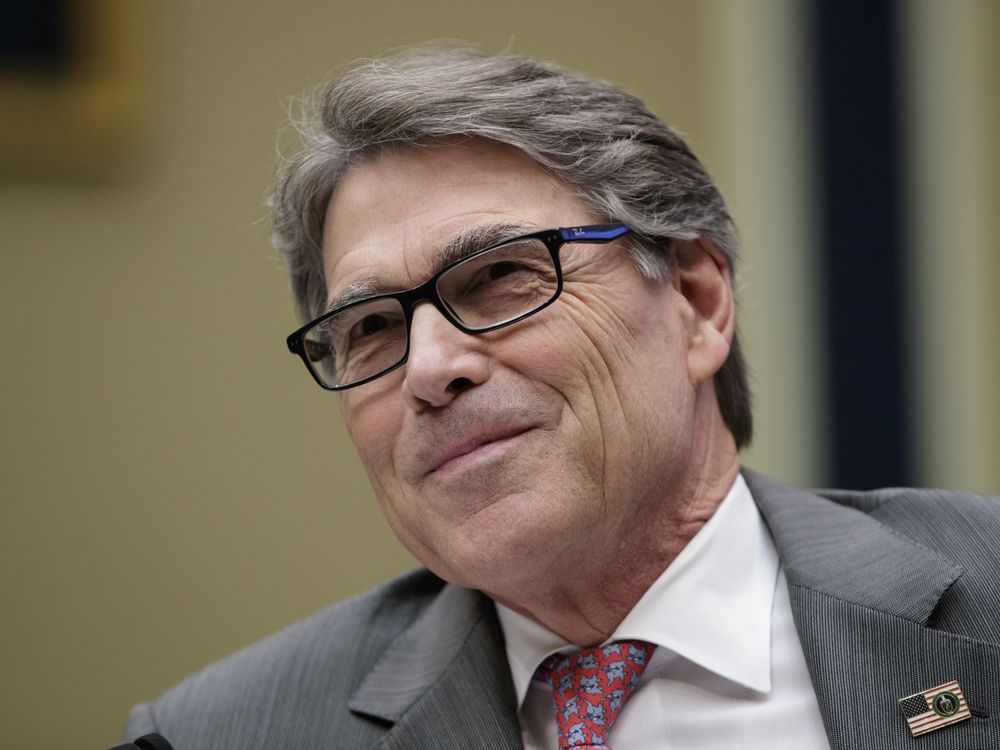NDRC to raise power price, but cap coal
According to the NDRC, the average sales price of electricity at the provincial grid level will rise $0.0036 per kilowatt-hour or 4.7% on average, except in the Tibet Autonomous Region.
In order to reduce the impact of rising costs, the price for residences, and agricultural- and chemical-fertilizer-production bases will not be adjusted for now. The price of electricity will not be adjusted in areas that suffered heavy losses from the major quake in Sichuan, Shaanxi and Gansu.
The NDRC also made adjustments to the structure of electricity price, including the implementation of a regulated price in urban and rural areas, between industrial and commercial users, as well as by voltage level.
In order to avoid alternating price hikes, and to promote stable development in the coal and power sectors, the NDRC decided to implement a temporary price control on power coal from now until December 31.
During this period, the pithead price of power coal for power generators, regardless of whether it is included in the scope of supply of key power coal contracts, will not exceed the maximum limit based on the actual settlement price determined June 19.
The NDRC has requested that the provincial price authorities should carry out measures, such as fixed prices, to control expenses in circulation intermediaries in order to stabilize the market price of coal power, not included in the supply scope of key power-coal contracts.
Related News

UK's Energy Transition Stalled by Supply Delays
LONDON - The United Kingdom's ambitious plans to transition to clean energy are encountering significant obstacles due to prolonged delays in obtaining essential equipment such as transformers and other electrical components. These supply chain challenges are impeding the nation's progress toward decarbonizing its power sector by 2030.
Supply Chain Challenges
The global surge in demand for renewable energy infrastructure has led to extended lead times for critical components. For example, Statera Energy's storage plant in Thurrock experienced a 16-month delay for transformers from Siemens Energy. Such delays threaten the UK's goal to decarbonize power supplies by 2030.
Economic Implications
These…





